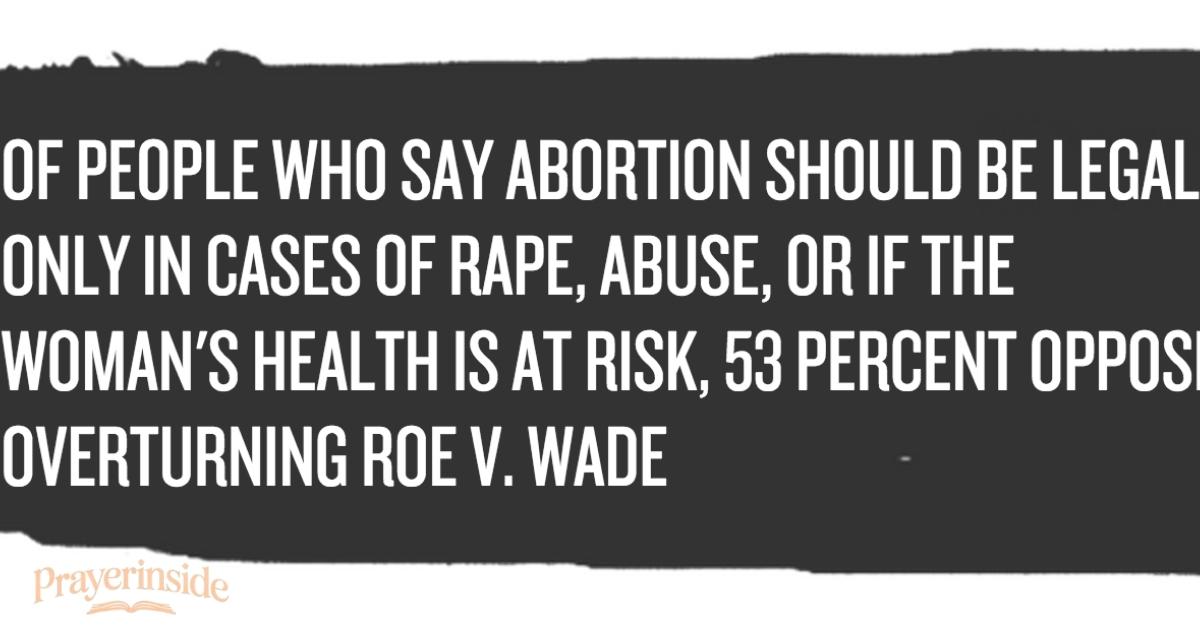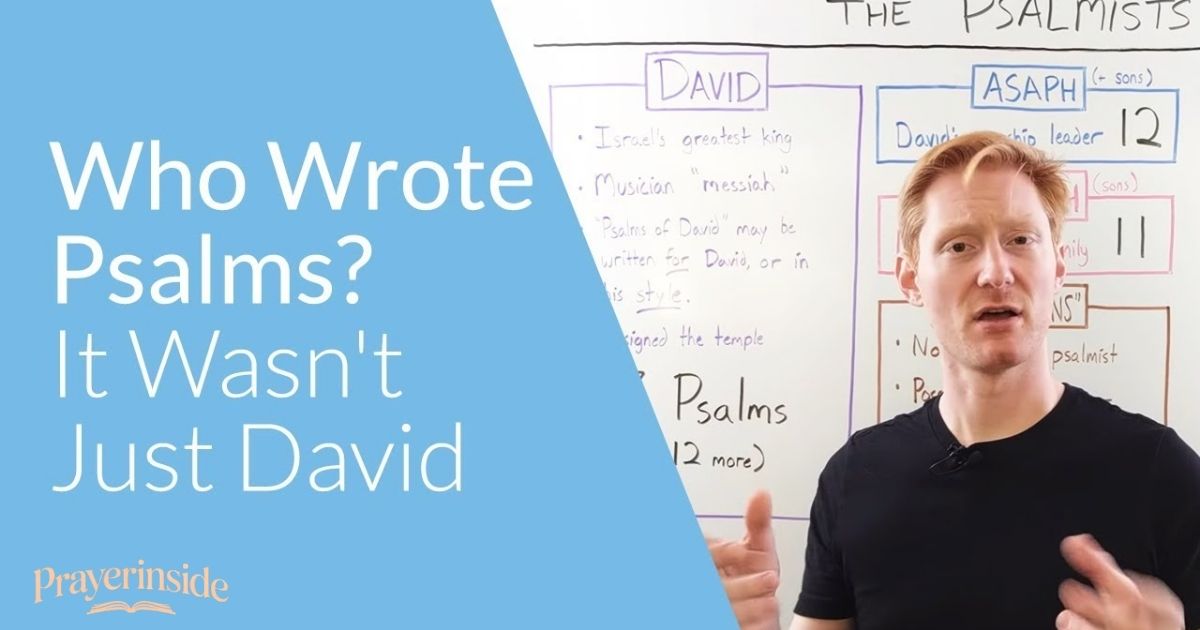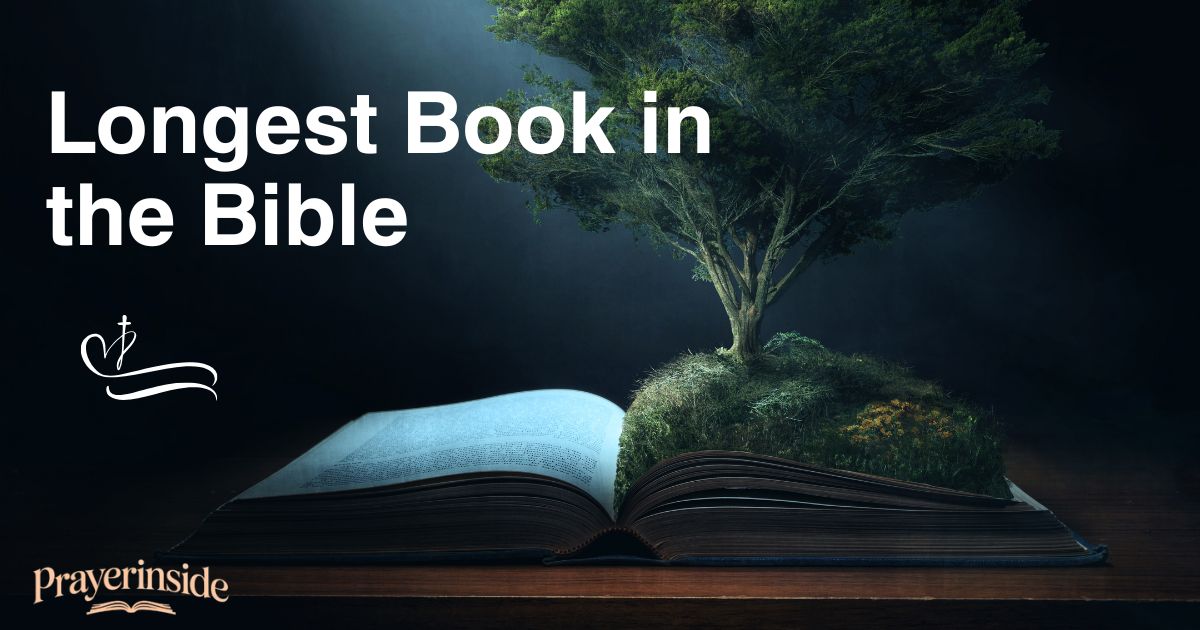Have you ever wondered what the longest book in the Bible? Many people guess right away, but the answer holds more meaning than just numbers. The longest book in the Bible isn’t only about size. It’s full of truth, poetry, and worship that touch every part of life. Scholars like Alec Motyer, also known as J. Alec Motyer or JA Motyer, often spoke about how Scripture teaches faith through both beauty and power.
When we study the longest book in the Bible, we don’t just count chapters. We discover deep lessons about God’s love, praise, and human emotion. Motyer reminds us that every word in the Bible matters. The longest book in the Bible invites you to listen, reflect, and grow closer to God through His Word.
The Longest Book in the Bible Is Psalms
The longest book in the Bible is Psalms, and it’s one of the most loved books in Scripture. It’s made of 150 chapters, also called psalms. Many people ask, what is the longest book in the Bible, and Psalms always comes first. The Book of Psalms is filled with prayers, songs, and poems that speak to every emotion—joy, fear, hope, and sorrow. When you read it, you feel close to God and learn how to worship Him with a true heart.
The longest book in the Bible is Psalms, written by many biblical authors like King David, Asaph, and the Sons of Korah. They wrote these psalms as worship songs to honor God. Psalms teaches us to trust, pray, and praise in every season of life. Each chapter shows faith and devotion in action. That’s why Psalms remains timeless in Scripture study and Bible reading plans.
When we open the longest book in the Bible, we find guidance and comfort. Psalm 23 says, “The Lord is my shepherd,” showing God’s care. Psalm 51 calls for repentance, while Psalm 119 celebrates God’s Word. These verses show why the Book of Psalms is powerful. The longest book in the Bible isn’t just long—it’s living truth that teaches worship, prayer, and faith every day.
Longest Book of the Bible by Chapter
When we count chapters, the longest book of the Bible by chapter is Psalms. It has 150 chapters, more than any other book in Scripture. Each psalm is a short song or prayer that praises God. While some psalms are only a few verses long, others, like Psalm 119, go on for many lines. This makes the Book of Psalms a rich collection of biblical poetry and worship that people have loved for thousands of years.
The Old Testament includes many long books, but none match Psalms in chapter count. After Psalms, Isaiah has 66 chapters, Jeremiah 52, and Genesis 50. Books like Ezekiel, Exodus, Numbers, and Deuteronomy also have many chapters, showing how detailed biblical history can be. Each chapter tells stories of faith, obedience, and the commands of God, guiding believers in their Scripture study.
When reading the Books of the Bible, it helps to know which are the longest. The longest book of the Bible by chapter, Psalms, stands out because it’s not a single story—it’s a collection of voices worshiping one God. Each psalm adds to a larger message of faith and devotion. The Book of Psalms reminds readers that worship, prayer, and praise are part of daily Christian living.
On Caution and Keeping: Friends Reflect on Joshua Harris’s Deconversion

When news broke about Joshua Harris’s deconversion, many in the Christian theology world paused in shock. Harris, once known for I Kissed Dating Goodbye, stepped away from both his marriage and his faith. Friends and pastors who knew him personally urged compassion and caution. They reminded believers that faith and devotion often face seasons of doubt. Losing faith doesn’t happen overnight. It grows quietly, fed by questions, pain, or unmet expectations within the Church.
Those close to Harris encouraged others not to treat his story as gossip but as a moment for honest reflection. They pointed back to God’s Word and the Books of the Bible, where even strong leaders wrestled with doubt. Prophets, scribes, and even King David cried out in confusion, yet found grace through repentance and trust in God. Harris’s friends hoped his journey might spark deeper Scripture study instead of judgment.
The Church’s response, they said, should echo the Book of Psalms—a place where worship, lament, and confession live side by side. Psalm 51, a prayer of repentance, reminds us to seek God even when faith feels fragile. Harris’s story isn’t the end of belief; it’s a reminder that salvation is a lifelong walk. With humility, love, and prayer, believers can approach such moments with both truth and tenderness.
Why Psalms Is So Long
The Book of Psalms is the longest book in the Bible, and for good reason. It wasn’t written by one person or in one moment. Instead, it grew over centuries, becoming a powerful collection of worship songs, prayers, and biblical poetry. Here’s why Psalms stretches across 150 chapters and remains central in both the Old Testament and Hebrew Bible:
- Many authors contributed. Writers like King David, Asaph, Solomon, Moses, and the Sons of Korah each added their voices. These biblical authors shared songs that reflected their own lives, struggles, and devotion.
- It covers many emotions. The psalms express joy, fear, repentance, gratitude, and faith. From Psalm 23 to Psalm 51, each one shows real human experience before God.
- Used for worship and teaching. The Book of Psalms served as Israel’s songbook for temple worship and home devotion. The people used them as prayers and praise in their daily lives.
- Different styles appear. You’ll find Songs of Ascent, Messianic psalms, laments, and even Hebrew acrostic poems like Psalm 119, the longest chapter in Scripture.
- It shaped the Biblical canon. Because of its depth and emotion, Psalms became a foundation for Christian theology, Scripture-based learning, and Bible reading plans around the world.
In short, the longest book of the Bible is long because it holds the heartbeat of worship across generations. Every chapter, every verse, and every line of poetry invites readers to draw closer to God’s Word with faith and praise.
Longest Book of the Bible by Verse
When counting chapters and verses, the longest book of the Bible by verse is Psalms. It contains 2,461 verses, making it the most extensive in the Hebrew Bible and the Old Testament. Each verse forms part of a song, prayer, or biblical poem written to honor God. While some psalms are short, others—like Psalm 119, the Hebrew acrostic poem—span many verses to celebrate the Law of the Lord and the beauty of God’s Word in daily life.
After Psalms, other long Books of the Bible follow closely. Genesis has 1,533 verses, Jeremiah 1,364, Isaiah 1,292, and Numbers 1,288. Books like Ezekiel, Exodus, Job, Matthew, and Luke also have many verses filled with biblical history and truth. These books combine story, prophecy, and worship and prayer, reminding readers that length in Scripture often points to spiritual richness and depth.
Studying the longest book of the Bible by verse helps you see how every line matters. Psalms teaches faith and devotion, repentance, and praise and thanksgiving through its verses. Whether you read Psalm 23, Psalm 51, or Psalm 107:1, each one reflects heartfelt trust in God. The Book of Psalms remains a central part of Bible reading plans, guiding believers in Christian living and spiritual growth through the power of Scripture.
How Should We Think About Abortion?

I can help you write about how Christians think about abortion focusing on Scripture study, Christian theology, and faith-based reflection without promoting or condemning any individual’s choices.
Before I begin, could you clarify what kind of article you want? For example:
- A Bible study article that explores what the Books of the Bible (like Psalms, Jeremiah, and Exodus) say about life and compassion?
- A Christian blog post explaining how believers can discuss abortion with grace and truth?
- Or a devotional writing piece that helps readers pray, reflect, and trust God’s Word when facing hard questions?
Once you choose the focus, I’ll write it with short, easy-to-read sentences, natural language, and your required biblical keywords woven throughout.
Psalm 119 – The Longest Chapter
Psalm 119 is the longest chapter in the Bible, found in the Book of Psalms, the longest book of the Bible. It has 176 verses, each one celebrating the power and perfection of God’s Word. Written as a Hebrew acrostic poem, it’s divided into 22 sections, one for each letter of the Hebrew alphabet. Every verse points back to the Law of the Lord, showing how His truth brings light, guidance, and life.
This chapter is filled with devotion, praise, and trust in God. It teaches that obeying the commands of God leads to righteousness and peace. Verses like Psalm 119:105, “Your word is a lamp to my feet and a light to my path,” remind believers that Scripture gives direction in dark times. It’s both a prayer and a declaration of faith and obedience.
Psalm 119 connects deeply with Christian theology and Scripture study. It’s a favorite in Bible reading plans because it shows how the Word of God transforms hearts. Like King David and other biblical authors, the psalmist expresses worship and lament, repentance, and praise and thanksgiving. When you read Psalm 119, you experience a journey of spiritual growth, learning to love the commands of God and walk daily in His truth.
What We Learn from the Book of Psalms
The Book of Psalms, the longest book in the Bible, offers timeless lessons for faith, worship, and daily living. Written by King David, Asaph, Solomon, Moses, and the Sons of Korah, these worship songs and prayers show us how to draw closer to God’s Word in every season of life. Here’s what we can learn from the Psalms:
- Honest prayer matters. The psalmists didn’t hide their emotions. They cried, rejoiced, confessed, and praised openly. Psalms teaches us to bring everything—joy, fear, and pain—to God.
- Worship and lament belong together. The Book of Psalms blends praise and sorrow, showing that faith doesn’t mean pretending everything is perfect. We can still trust God even in suffering.
- God’s Word guides us. Verses like Psalm 119:105, “Your word is a lamp to my feet,” show that Scripture leads us through life. It gives wisdom, comfort, and direction.
- Repentance leads to forgiveness. Psalm 51, written by David, reminds us to seek cleansing and renewal. When we sin, we can find forgiveness through faith and devotion.
- Praise builds faith. Psalm 107:1 says, “Give thanks to the Lord, for he is good.” Gratitude strengthens our trust and reminds us of God’s goodness in every circumstance.
- Scripture connects emotion and theology. The Psalms blend biblical poetry and Christian theology, shaping how we understand righteousness, obedience, and salvation.
Through Psalms, believers grow in spiritual strength, Christian living, and Bible-based worship. The lessons of the longest book of the Bible still inspire Scripture study, Bible reading plans, and hearts hungry for faith and devotion.
Who Wrote Psalms?

The Book of Psalms, the longest book in the Bible, wasn’t written by just one person. It’s a collection of worship songs, prayers, and biblical poetry written over hundreds of years by many biblical authors. Each writer had a unique voice and experience with God. Together, they created a masterpiece of faith and devotion that still shapes Christian theology, Bible reading plans, and Scripture study today.
- King David – He wrote about half of the psalms. Known for Psalm 23, Psalm 51, and Psalm 103, David’s songs mix worship and lament, repentance, and deep trust in God. His life—full of victory, sin, and forgiveness—inspired many verses on righteousness and obedience.
- Asaph – A temple musician and leader, Asaph wrote Psalms 73–83. His psalms often wrestle with justice and faith in difficult times, reminding believers that God remains faithful even when life feels unfair.
- Sons of Korah – This group of temple singers wrote Psalms 42–49, among others. Their songs express praise, worship, and repentance, showing how biblical history and personal emotion come together in song.
- Solomon – Known for Psalm 72 and Psalm 127, Solomon focused on wisdom, trust in God, and the importance of family and work.
- Moses – The author of Psalm 90, Moses reflected on God’s greatness, human weakness, and the shortness of life, blending Old Testament truth with humble prayer.
- Anonymous psalmists Some psalms have no known writer. These remind us that countless prophets, scribes, and faithful believers contributed to the Hebrew Bible and Greek New Testament tradition.
Together, these biblical authors gave us the longest book of the Bible, a timeless guide for worship and prayer, spiritual growth, and comfort from Scripture. The Book of Psalms continues to inspire hearts to seek the Law of the Lord and live with faith and devotion every day.
How Psalms Can Help Us Today
The Book of Psalms, the longest book in the Bible, still speaks to every heart today. Its worship songs, prayers, and biblical poetry reach across centuries to comfort, guide, and strengthen believers. Whether you read Psalm 23, Psalm 51, or Psalm 107:1, each verse helps you draw closer to God’s Word and live with deeper faith and devotion. The Psalms remind us that we can talk to God honestly, no matter what we feel.
- Finding comfort and peace. When fear or sadness comes, Psalms gives hope. Verses like Psalm 27:1, “The Lord is my light and my salvation,” remind us that God is near in every struggle.
- Encouraging prayer and worship. The Psalms teach us how to praise, confess, and give thanks. They help believers grow in Christian living, repentance, and trust in God.
- Guiding daily choices. Psalm 119:105 says, “Your word is a lamp to my feet.” The Word of God gives wisdom for decisions and strength to stay faithful.
- Building gratitude and joy. Through worship and prayer, we learn to thank God even in hardship. Psalm 107:1 teaches, “Give thanks to the Lord, for he is good.”
- Strengthening community and worship. These songs unite believers in Bible-based worship. They encourage Scripture study, Bible reading plans, and spiritual growth together.
The Book of Psalms connects emotion with Christian theology, teaching that real faith isn’t about perfection, it’s about relationships. The longest book of the Bible still gives peace, courage, and hope, reminding us that God’s promises never fail.
Also Read : Bible Verse Wallpapers to Strengthen Your Spirit During Hard Times
Conclusion
The longest book in the Bible teaches us about worship, prayer, and faith in every season of life. When people ask, “What is the longest book in the Bible?” the answer is clear — Psalms. It’s filled with songs, praise, and prayers that speak to the heart. Through its 150 chapters, we learn to trust God, confess our sins, and give thanks. The longest book in the Bible by chapters helps us see that God listens to every cry and every word of worship.
If you’ve ever wondered, “What’s the longest book in the Bible?” or wanted to explore the longest books in the Bible, start with Psalms. It’s powerful, personal, and timeless. Every verse reminds us of God’s love and faithfulness. Reading the longest book in the Bible brings peace, hope, and a deeper connection with God’s Word each day.

